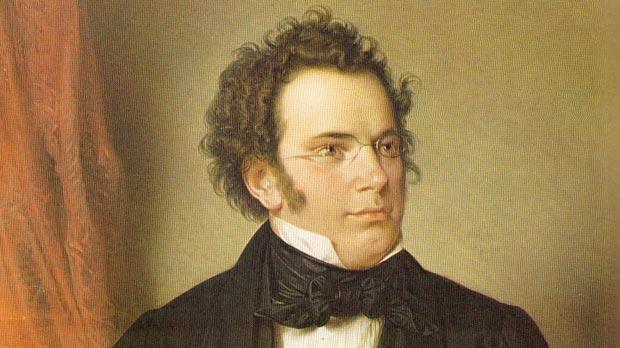Schumann’s Dichterliebe: On a Radiant Summer Morning
Let’s finish out the week and follow up on Wednesday’s post with more music for summer. Am leuchtenden Sommermorgen is the twelfth song in Robert Schumann’s Dichterliebe, Op. 48 (“A Poet’s Love”), written in 1840. The song contains some interesting harmonic surprises. The first hint of strangeness comes at 0:33. Then, we get an even bigger surprise around the 1:00 mark. The conflict of the opening chords returns unexpectedly at 1:45. Schumann’s music evokes the kind of mystery you …



